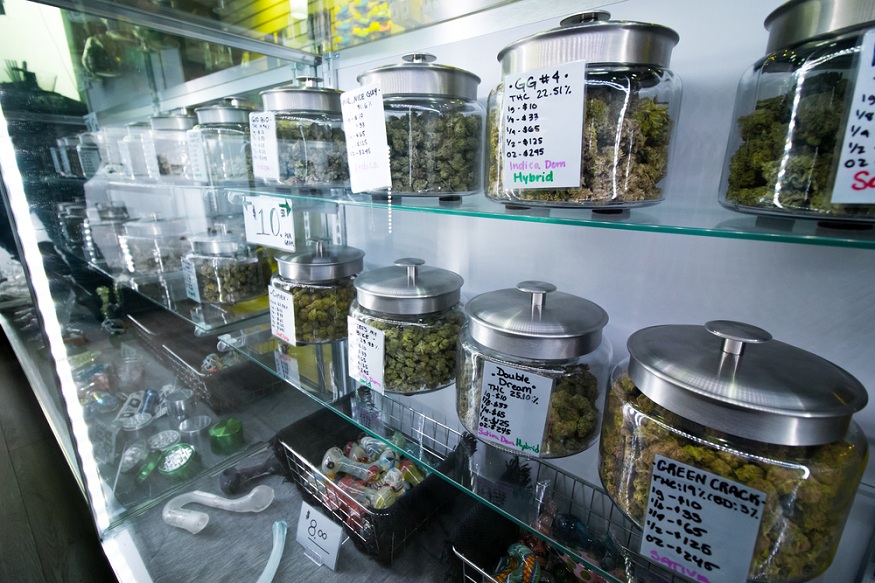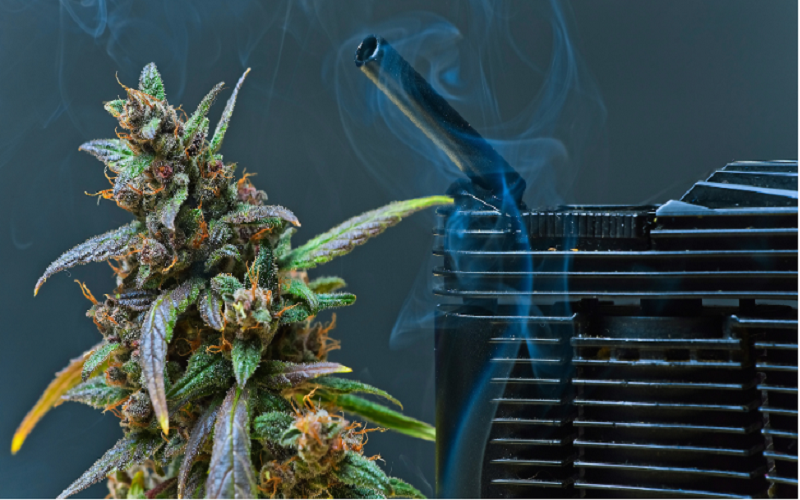The Many Forms of Cannabis – The Choices Can Be Overwhelming
The cannabis industry is so extensive that it is welcoming new customers every single day. People who have never used cannabis are making their way to dispensaries and medical cannabis pharmacies in search of products that can make them healthier, help them feel better, etc. Unfortunately, many are overwhelmed by the sheer number of choices.
So Many Delivery Methods
You would expect an industry as strong as cannabis to offer a full range of products from endless manufacturers. That is just one of the problems customers face. But they also struggle with all the delivery method choices. In other words, the most common delivery methods are:
- Raw flower (smoking, dry heating)
- Ingestibles (gummies, capsules, tablets)
- Edibles (cookies, brownies, energy bars)
- Vaping products
- Tinctures and oils
- Topical formulas.
On top of the many delivery methods are the many cannabinoid choices. Nearly all product manufacturers concentrate on either CBD or THC. They are considered two distinct markets within the larger cannabis space. Once again, customers have to know which cannabinoid they prefer.
The Question of Getting High
One of the most confusing aspects of cannabis is the concept of getting high. More often than not, we equate cannabis with marijuana and THC. THC is the cannabinoid that makes you high. Yet it is not the only cannabinoid in cannabis plants. A typical cannabis plant contains over one hundred cannabinoids. CBD is one of them.
The thing about CBD is that it does not get you high. Yet plenty of people still use it for health and wellness purposes. Some doctors even recommend it as a medicine. If yours recommended you use CBD but avoid THC, would you know what to buy down at your local dispensary?
Products With Other Cannabinoids
CBD and THC are the top two cannabinoids members the cannabis community focus most of their attention on. But what about other cannabinoids? A big one right now is something known as Delta-8 THC. This particular cannabinoid is considered an isomer of regular (Delta-9) THC. Its chemical structure is identical, but its molecules are arranged slightly differently.
Delta-8 THC is not naturally produced by cannabis plants in very large quantities. As a result, processors tend to synthesize it from Delta-9 THC. This is something you might want to know as a consumer. If you are purchasing a Delta-8 product, how did the processor derive the cannabinoid?
There is more to this, so let us keep going. Processors are known for creating their own branded products based on proprietary cannabinoid and turbine profiles. According to Houston-based CedarStoneIndustry, how a processor extracts cannabinoids and terpenes makes a difference to some people.
Discovering the Extraction Method
A core group within the cannabis community are very particular about the products they purchase in relation to extraction method. They do not want to use products from companies that rely on chemical solvents. Unfortunately, processors are not compelled by law to reveal their extraction methods. That can leave consumers guessing as to what they are really getting with each purchase.
Some processors voluntarily disclose the information. But more often than not, they are the processors that utilize either natural solvents or CO2 extraction. They are happy to reveal how they do things because they are after the customer who is trying to avoid chemical solvents.
If all this information seems overwhelming, you now know why people new to the cannabis industry have such a challenging time wrapping their brains around the many choices in front of them. What has been discussed in this post barely scratches the surface.



